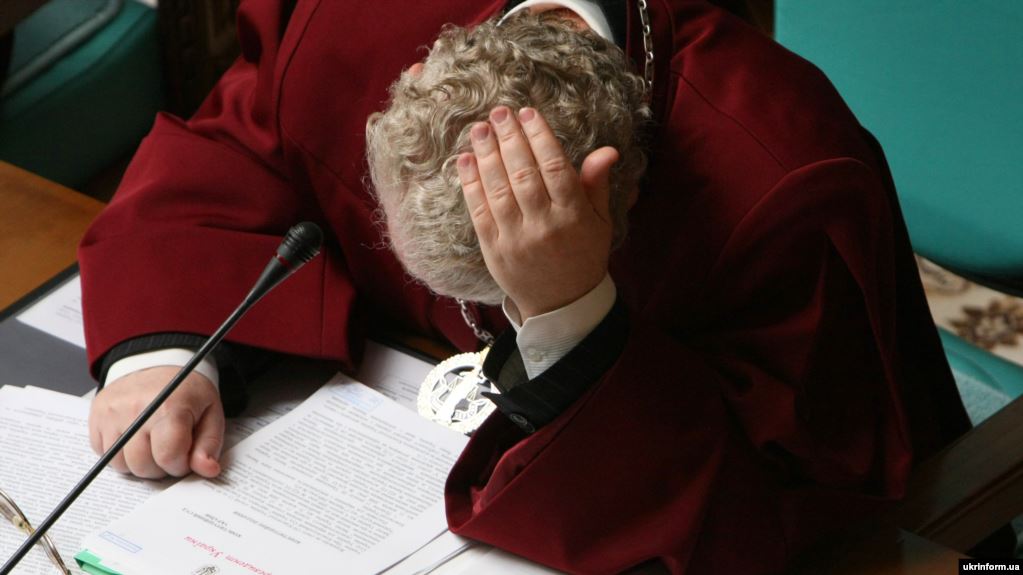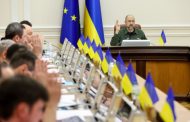The parliamentary working group on resolving the constitutional crisis plans to hold at least four to six meetings by December 1. This was stated in a comment to Radio Svoboda by its chairman – the head of the parliamentary committee on law enforcement, “servant of the people” Denis Monastyrsky.
“I think the band will work in a day or so. It is difficult to say about the total number of meetings. In fact, it is not this that will be important, but the extent to which the working group will agree, because if one in-depth meeting may be enough on some issues, then several on some issues. But, I think that by December 1, it may be from four to six deep meetings, which will take several hours, “he said.
The first meeting of the working group is scheduled for November 19. The head of the group, Denis Monastyrsky, predicts constructive work, although he admits that not all its members can be satisfied with the final decision.
“I think we will first start with more obvious issues, such as criminal liability or liability for failure to file declarations, for submitting false information in declarations. Because here, in my opinion, it will be easiest to find a consensus, “he told Radio Svoboda.
Monastyrsky also added that the meetings of the working group will take into account the feedback and suggestions of experts, “who were involved by” each chairman of the committee and a representative of the faction that will participate in the work of the group”.
“For example, regarding the amendments to the Criminal Code, I already know about six options, four of which have already been registered. This is exactly the position of different scientists, different bodies, with which we have also worked during this time, “he said.
Regarding the criticism of some members of the working group that is currently being heard, Monastyrsky stressed that, in his opinion, “political assessments should remain outside the working group,” as well as “searching for skeletons in closets,” because the main thing now is to resolve the constitutional crisis.
In order to work out a joint strategy for overcoming it, the Verkhovna Rada working group now has until December 1. Although, if a number of issues still remain unresolved, then, according to its leader, the group will continue to work.
On October 27, the Constitutional Court of Ukraine declared Article 366-1 of the Criminal Code unconstitutional , which provides for penalties for declaring unreliable information. The court also repealed a number of provisions of the law on the prevention of corruption. After announcing this decision on October 28, the CCU explained that the anti-corruption legislation creates preconditions for illegal influence on the court.
The National Agency for the Prevention of Corruption stated that the Constitutional Court had acted in its own interests in reaching its decisions. At the same time, due to the decision of the CCU, the agency closed access to the state register of electronic declarations. In the evening of October 29, access was restored by a government decision following a meeting of the National Security and Defense Council.
In an interview with Radio Svoboda on November 11, Zelensky’s representative in the Constitutional Court, “servant of the people” Fedor Venislavsky said that the text of the decision of the Constitutional Court of Ukraine to declare unconstitutional a number of anti-corruption legislation (including electronic declarations) was in the President’s Office on October 27. before its official publication on the CCU website.







